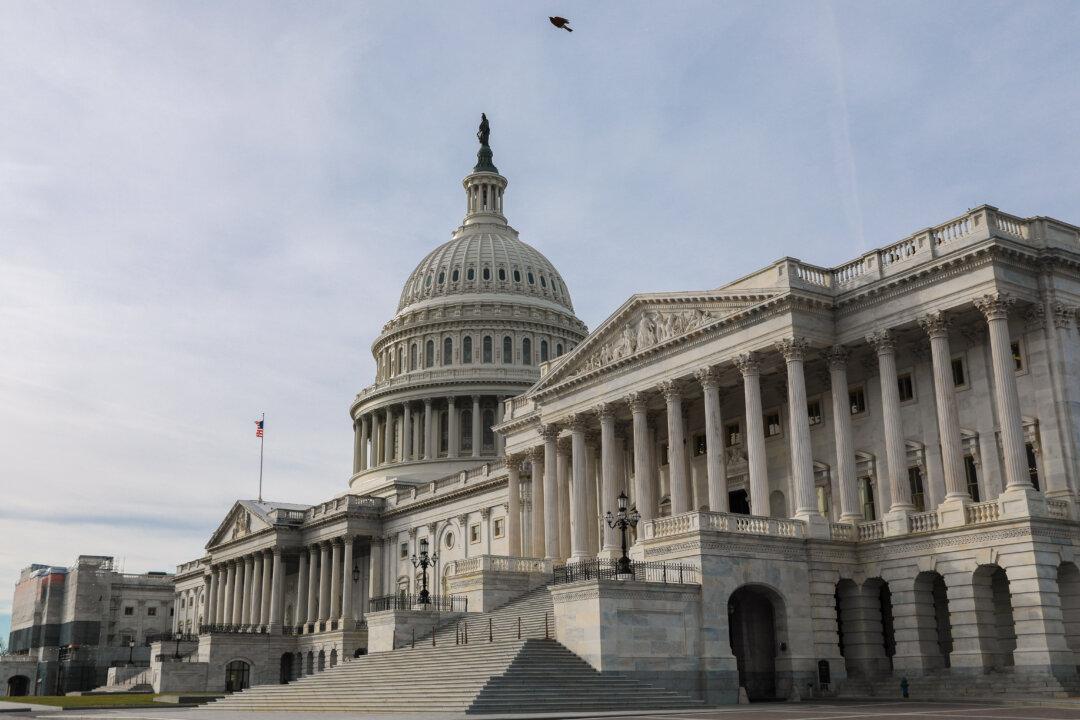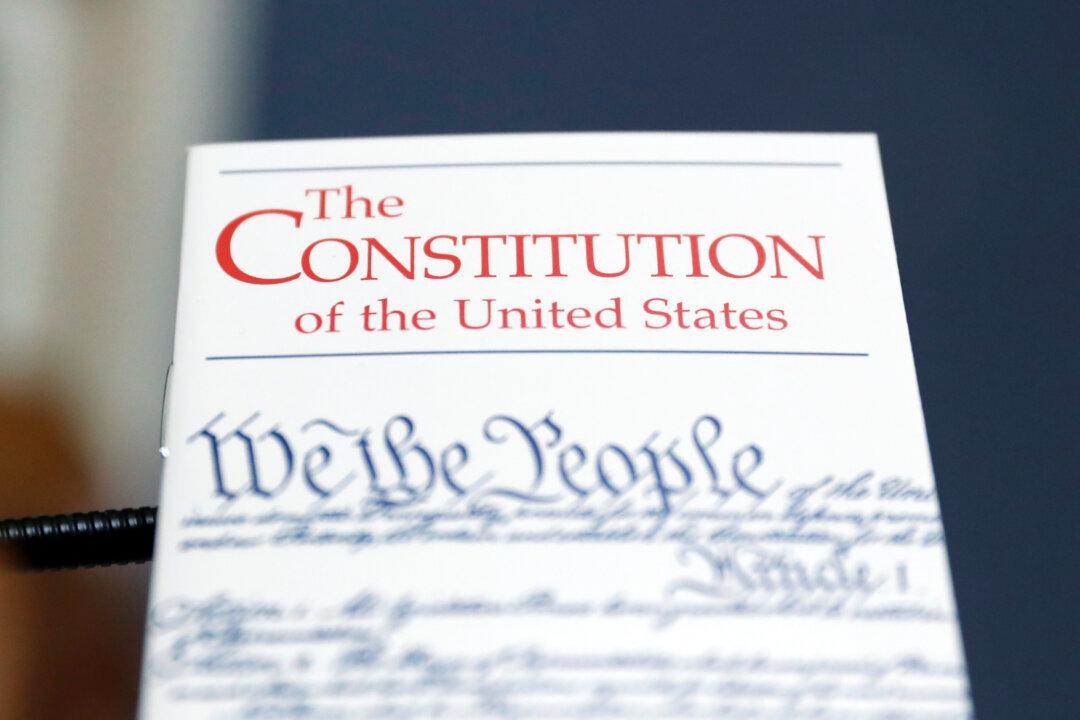Commentary
Federalism is like a diet. Both the left and right try to stick to it, but each abandons it when its craving for the policy equivalent of fries and a shake grows too strong. The left, which normally looks to the national government for policy solutions, cheerfully applauds state efforts to deal with the least local of all environmental problems: climate change. Last year, President Trump threatened to use the military to quell looting and overrule the decisions of state governors regarding COVID regulations. But if one really wants to fit into that prom dress or make weight for the wrestling match, one needs to stick to the diet, even when it means leaving tasty policies you crave on the table.



